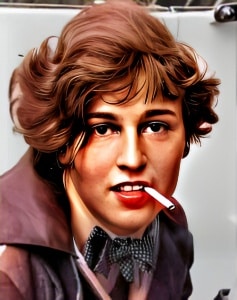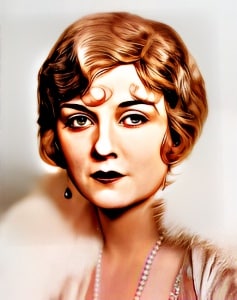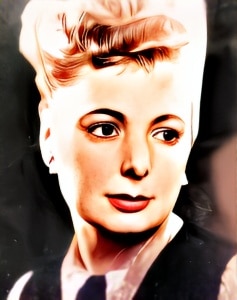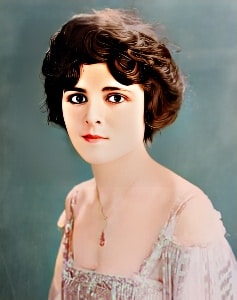 Greta Schröder (1891-1967) was a German actress known for her notable contributions to both silent and sound cinema during the early 20th century.
Greta Schröder (1891-1967) was a German actress known for her notable contributions to both silent and sound cinema during the early 20th century.
She had a successful career that spanned decades and encompassed a wide range of roles, making her one of the iconic figures in the history of German cinema.
Greta Schröder was born on June 15, 1891, in Düsseldorf, Germany. She began her career in the theater and gained recognition as a stage actress in Germany. Her early experience in the theater provided her with the foundation for her transition to the world of cinema.
Schröder’s breakthrough in film came with her role as Ellen Hutter in F.W. Murnau’s 1922 silent horror masterpiece, “ Nosferatu.” The film, based on Bram Stoker’s “Dracula,” faced copyright challenges but retained the essence of the story. Schröder’s portrayal of Ellen, the wife of the film’s protagonist, added depth to the narrative. “ Nosferatu” is renowned for its expressionistic style, marked by its use of shadows, distorted sets, and haunting atmosphere. Schröder’s performance in this film, alongside Max Schreck’s iconic portrayal of Count Orlok, contributed to the film’s lasting legacy.
Following “ Nosferatu,” Greta Schröder continued to work in German cinema during the silent film era. She appeared in a variety of films, showcasing her versatility as an actress. Her distinctive look and ability to take on different roles made her a sought-after talent in the film industry.
As the transition from silent films to sound films took place in the late 1920s and early 1930s, Schröder adapted to the new medium. Her success in sound films demonstrated her ability to excel in the evolving cinematic landscape. She continued to portray a wide array of characters in both silent and sound films.
Schröder’s career extended into the 1930s and 1940s, and she continued to contribute her unique presence to German cinema. Her ability to add depth and authenticity to the characters she portrayed made her a respected figure in the industry. She appeared in a wide range of film genres, including dramas, comedies, and historical films.
While Greta Schröder may not have achieved the same international recognition as some of her contemporaries, her contributions to the world of cinema were significant. Her work in “ Nosferatu” and her numerous other film roles allowed her to leave an enduring mark on the history of German cinema, particularly in the Expressionist and horror genres.
Schröder’s unique style and talent as an actress, combined with her versatility, made her an important figure in early German cinema. Her legacy endures through her cinematic contributions, which added depth and authenticity to the characters she portrayed. She demonstrated the power of silent and sound film in captivating the imagination of audiences.
Greta Schröder’s work continues to be celebrated, particularly her role in “ Nosferatu,” which remains a classic of silent cinema. Her performances, both on the stage and on screen, left an indelible mark on the history of German film, and her enduring legacy as an actress contributes to the rich tapestry of early cinema.

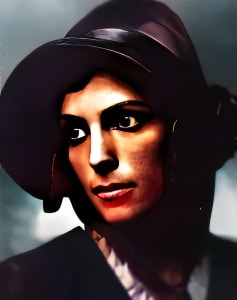 Greta Schröder (1891-1967) was a German actress known for her notable contributions to both silent and sound cinema during the early 20th century.
Greta Schröder (1891-1967) was a German actress known for her notable contributions to both silent and sound cinema during the early 20th century.